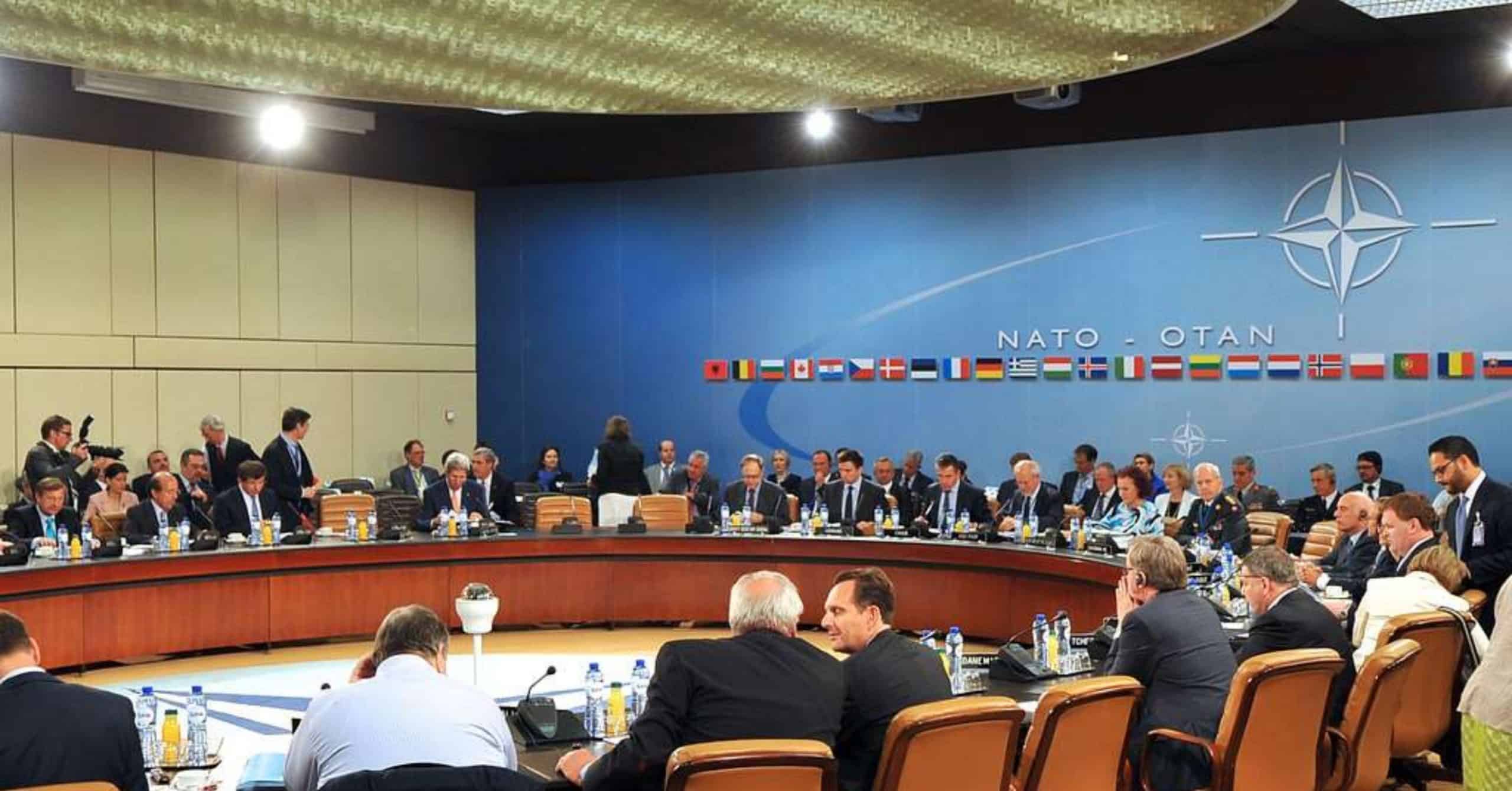On NATO and Captive Nations

As NATO leaders convene in my hometown of Washington, D.C. this month amid war in Europe, I find myself reflecting on the Alliance’s profound personal impact. Although Washington is now my home, I was born in Soviet-controlled Ukraine, a Captive Nation under the Iron Curtain. Fleeing with my mother to the United States in search of liberty and opportunity, I experienced firsthand NATO’s crucial role in ending the Cold War, reshaping human history, and safeguarding our cherished values.
For those unfamiliar with life in the Soviet Union, it’s challenging to grasp the pervasive fear and repression that defined existence in the USSR. Our movements were monitored, our speech censored, and our aspirations systematically suppressed. In such an environment, the nations of NATO represented more than a military or political concept—it was a beacon of hope.
NATO’s establishment in 1949 was a watershed moment. This collective defense organization countered the Warsaw Pact, deterring Soviet expansion in Europe, and signified a united stance against communist totalitarianism. For those of us under Soviet rule, NATO was a promise that we were not forgotten, that nations stood ready to defend our right to self-determination.
The collapse of the Soviet Union and the dissolution of the Warsaw Pact in 1991 were monumental events. Despite hopes for a new era of peace and cooperation, the post-Cold War era revealed that threats to freedom and stability persisted. NATO’s adaptability became evident as it expanded to include former Eastern bloc nations (Albania, Bulgaria, Hungary, Poland, the Czech Republic, Slovakia, Romania, Lithuania, Latvia, and Estonia) reaffirming their sovereignty.
In the years since my arrival in America, I’ve witnessed NATO’s resilience. Its operations in the Balkans, Afghanistan, and efforts against cyber threats as well as hybrid warfare demonstrate its evolving role in tackling modern security challenges. Article 5 of the NATO Treaty, affirming collective defense—where an attack on one is an attack on all—remains pivotal for global security, providing a deterrent no single nation could muster alone.75 years since the founding of NATO, the enduring legacy of communism and threat from the Kremlin that sparked the Western military alliance still remains. As the President of Russia Vladimir Putin has made it abundantly clear, Russia sees the collapse of the Soviet Union as the “greatest geopolitical catastrophe of the century.” This sentiment drives Russia’s efforts to assert control as evidenced by the Ukrainian people’s experience.
Today, Kyiv is fighting for its very survival on the frontlines of Europe. Will the free world allow Ukraine to once again become a captive nation? For me and countless others who escaped Soviet oppression, this war is a stark reminder that we must not forget why NATO was founded. It is also a reminder that we must learn from those who fought for freedom against this evil ideology.
As the U.S. Congress codified in 1959, the third week of July, Captive Nations Week, should serve as a moment for Americans do exactly that: to champion the rights of the oppressed. As a Ukranian refugee who escaped communism and found liberty in America, I look forward to keeping that promise alive at the 2024 Captive Nations Summit in DC. Will you join me in standing for freedom?
Karina Lipsman is the Director of Government Relations at the Victims of Communism Memorial Foundation.

